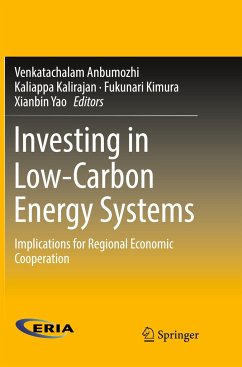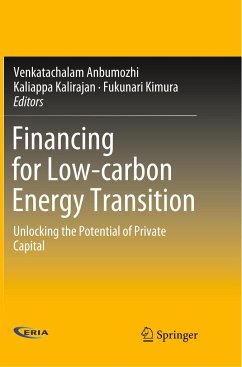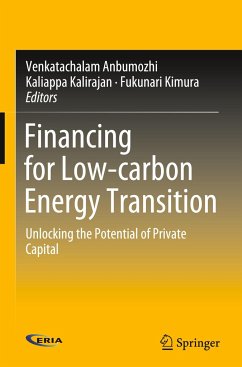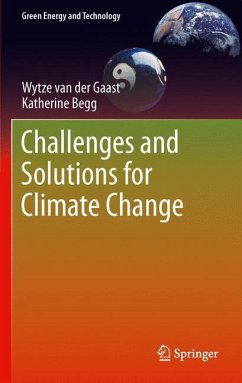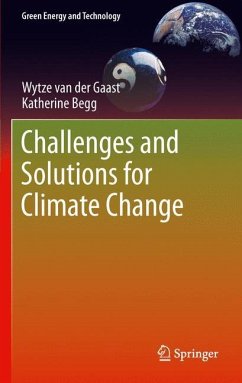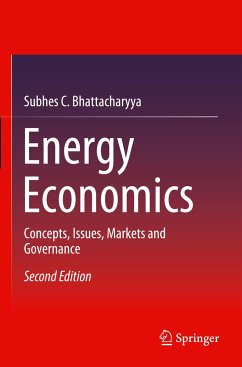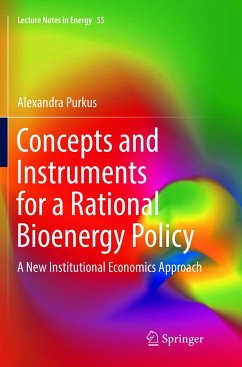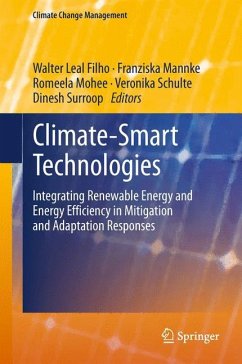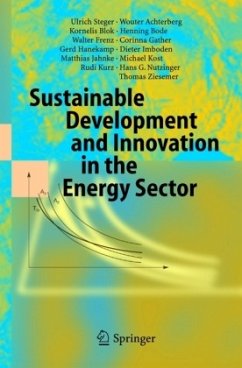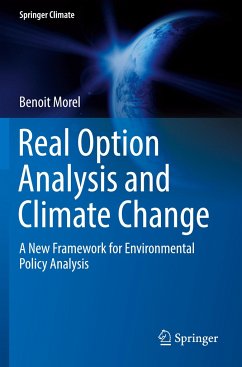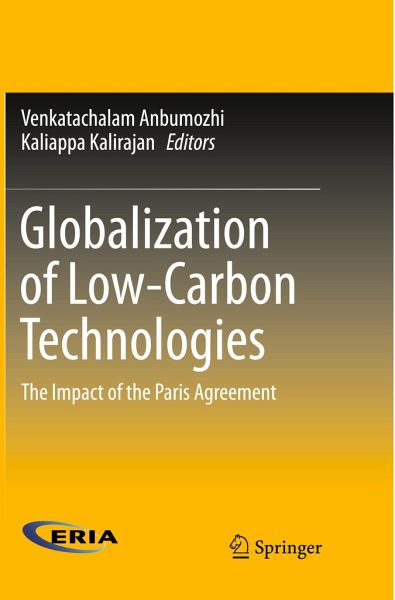
Globalization of Low-Carbon Technologies
The Impact of the Paris Agreement
Herausgegeben: Anbumozhi, Venkatachalam; Kalirajan, Kaliappa
Versandkostenfrei!
Versandfertig in 6-10 Tagen
152,99 €
inkl. MwSt.

PAYBACK Punkte
76 °P sammeln!
This book explores the opportunities and barriers within the Intended Nationally Determined Contributions (INDC) framework of the Paris Agreement for low-carbon technology diffusion. Further, it proposes appropriate and feasible mechanisms required at local, national and regional levels to achieve the INDC targets. The book employs both meta policy analysis and scenario building to examine, whether the diffusion of low-carbon energy future by 2030 is economically viable under the INDC framework and how international technology cooperation could accelerate investments on the scale required for ...
This book explores the opportunities and barriers within the Intended Nationally Determined Contributions (INDC) framework of the Paris Agreement for low-carbon technology diffusion. Further, it proposes appropriate and feasible mechanisms required at local, national and regional levels to achieve the INDC targets.
The book employs both meta policy analysis and scenario building to examine, whether the diffusion of low-carbon energy future by 2030 is economically viable under the INDC framework and how international technology cooperation could accelerate investments on the scale required for achieving the INDC targets.
Further, this book provides new perspectives on market and non-market mechanisms for the globalization of low-carbon technologies, within the framework conditions of the Paris Agreement, which will be of significant value to senior policy makers, multi-disciplinary academia, and investing communities.
The book employs both meta policy analysis and scenario building to examine, whether the diffusion of low-carbon energy future by 2030 is economically viable under the INDC framework and how international technology cooperation could accelerate investments on the scale required for achieving the INDC targets.
Further, this book provides new perspectives on market and non-market mechanisms for the globalization of low-carbon technologies, within the framework conditions of the Paris Agreement, which will be of significant value to senior policy makers, multi-disciplinary academia, and investing communities.



